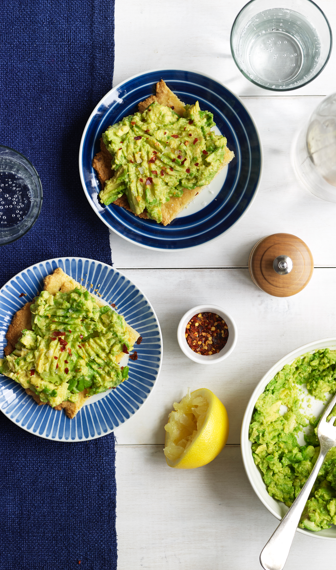Q: My doctor told me I shouldn’t do Atkins because it contains more saturated fat than is currently recommended. What is the real scoop?
A: Within the context of a low-carb diet, research has shown that saturated fat is not harmful. In one study, researchers explored what happens to saturated fat levels in subjects who were placed on the Atkins Diet. The Atkins subjects consumed three times the levels of saturated fat, as did other subjects consuming a low-fat diet. Both diets contained the same number of calories, meaning that all the subjects were losing weight. After 12 weeks, the Atkins group subjects showed consistently greater reductions in the percentage of saturated fat in their blood. Yes, those who ate more saturated fat had less in their blood stream than those who ate less saturated fat.
In a second study, the subjects were weight-stable men who habitually consumed a typical American diet. The men followed a low-carb diet akin to the Atkins Lifetime Maintenance Phase, which contained more saturated fat than did their regular diet. All foods were prepared and provided to the subjects during each feeding period. Enough food was provided to maintain their weight. After six weeks on the diet, despite consuming more saturated fat, the men showed a significant reduction in their blood levels of saturated fat. They also improved their triglyceride and HDL cholesterol levels, LDL particle size and insulin level.
On Atkins, you consume a balance of mono and polyunsaturated and saturated fats. The key to eating delicious fats while improving your health is to keep carb intake low. Carbs are the metabolic bullies that stand in the way of fat burning. The very essence of the Atkins approach is to switch your metabolism over to using predominately fat for fuel. So it is much more important to concentrate on the amount and types of carbs you consume to allow your body to burn fat.
References cited:
Forsythe, C.E., Phinney, S.D., Fernandez, M.L. Quann, E.E., Wood, R.J., Bibus, D.M., et al., “Comparison of Low Fat and Low Carbohydrate Diets on Circulating Fatty Acid Composition and Markers of Inflammation,” Lipids, 43, 2008, pages 65–77.
Volek, J.S., Fernandez, M.L., Feinman, R.D., Phinney, S.D., “Dietary Carbohydrate Restriction Induces a Unique Metabolic State Positively Affecting Atherogenic Dyslipidemia, Fatty Acid Partitioning, and Metabolic Syndrome,” Progress in Lipid Research, 47, 2008, pages 307–318.

